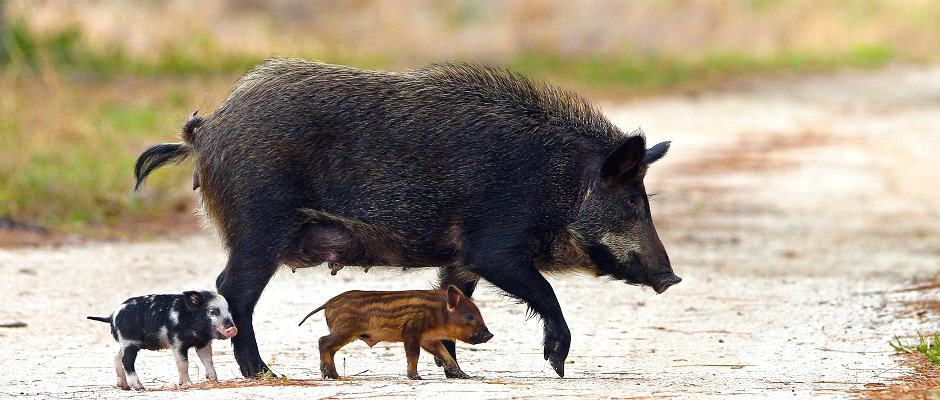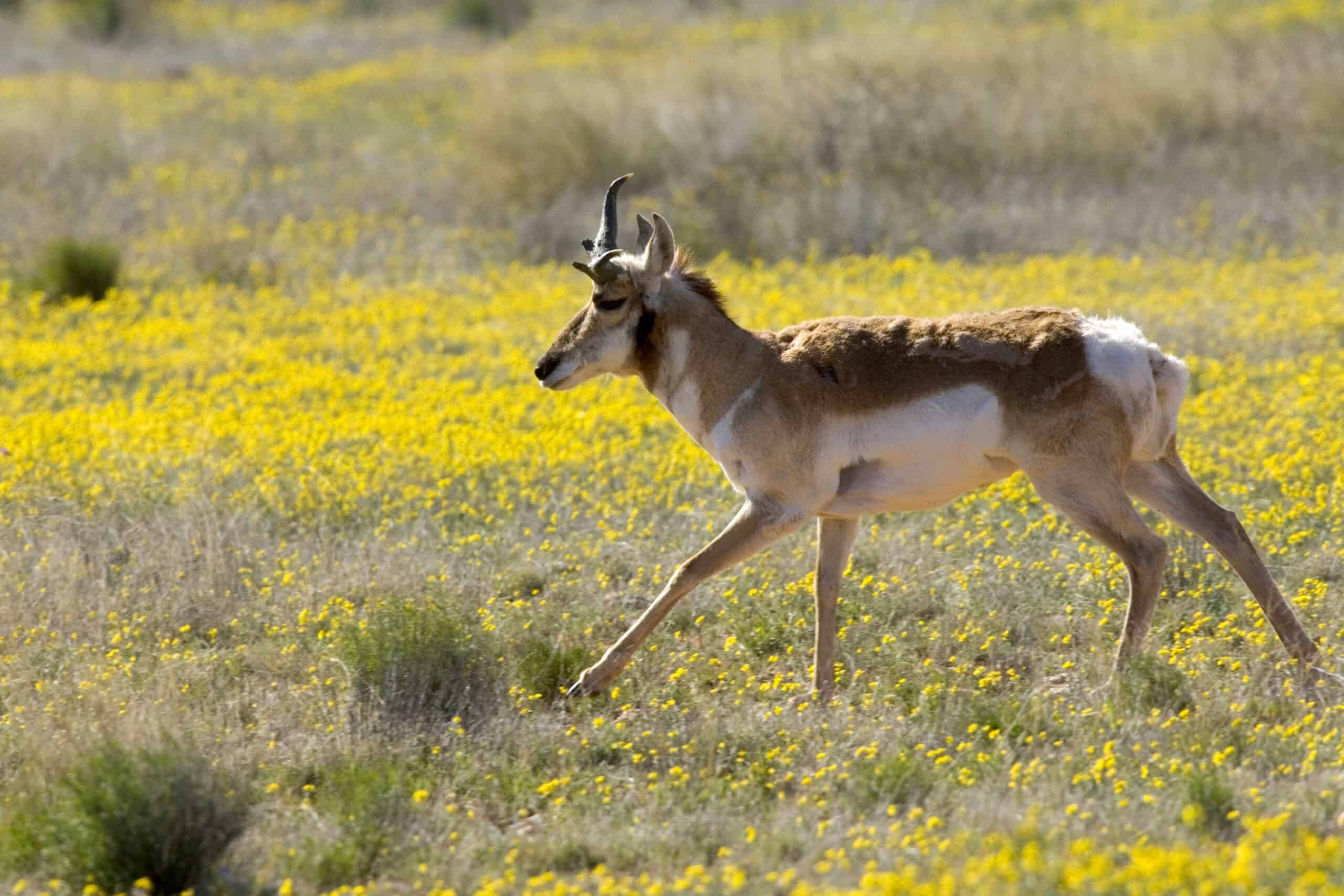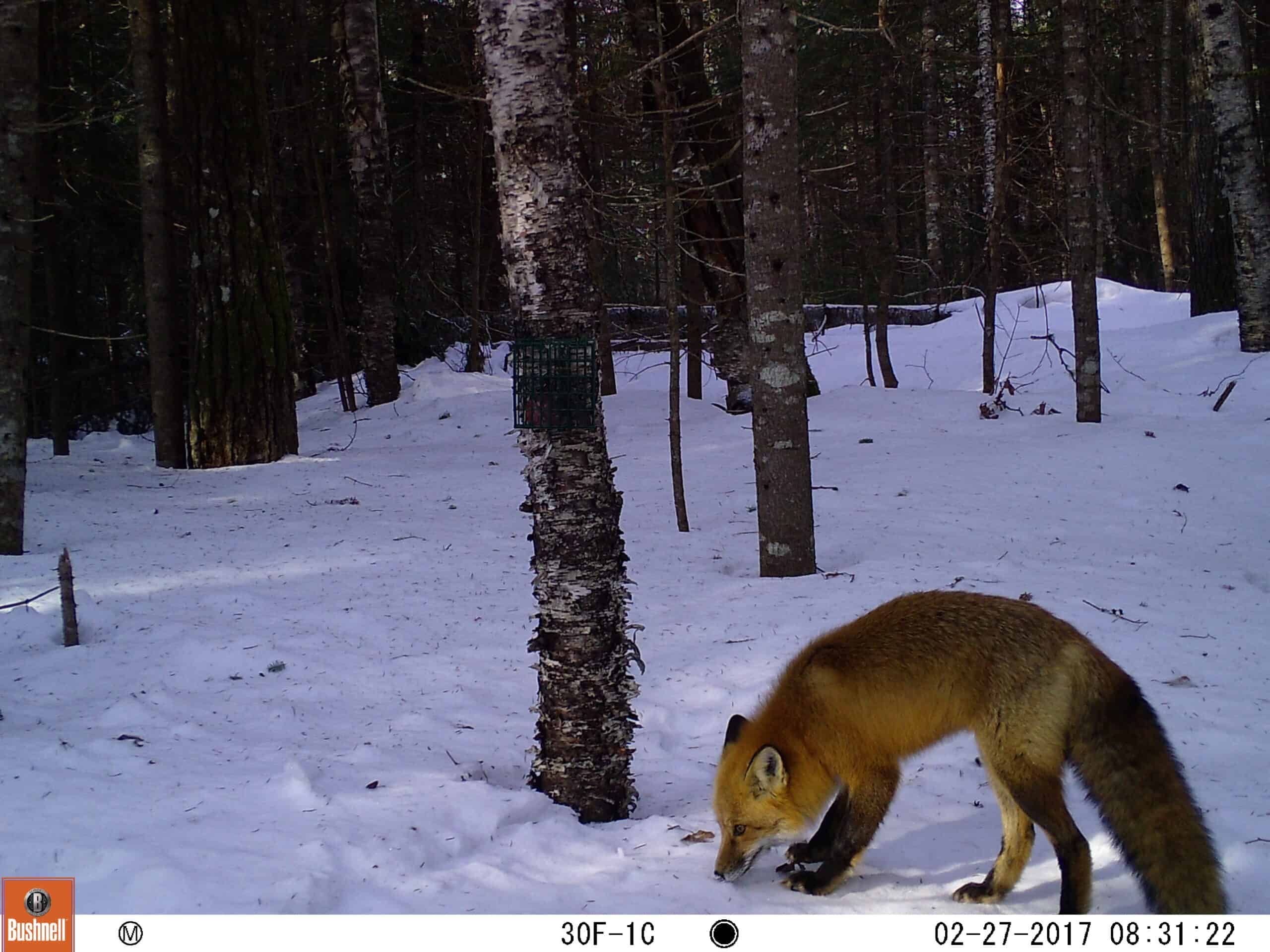Share this article
Invasive species plenary to feature NWRC, USFWS, AFWA speakers
The Wildlife Society’s 23rd Annual Conference in Raleigh this October features a daily plenary or keynote session. Monday morning’s plenary will focus on invasive species in a session titled “The Past, the Present and the Future of Invasive Species Control in North America: Achieving Success Through Innovation.” The talk delves into a compelling topic and the excellent lineup of speakers will keep the wildlife students and professionals engaged and interested.
Priya Nanjappa is the Program Manager for amphibian and reptile conservation and invasive species policy efforts for the Association of Fish & Wildlife Agencies. She also serves as a National State Agencies Coordinator for Partners in Amphibian and Reptile Conservation and has worked on numerous invasive species policy issues directly with Congressional staff. Priya collaborates internationally in the herpetological and invasive species research and management communities.
Dr. Larry Clark is the Director of the USDA National Wildlife Research Center where he has also held various positions as a research scientist, project leader, and Assistant Director of the NWRC. His research efforts have included work throughout the United States, the former Soviet Union, the arctic, and Central/South Pacific Islands. In addition to numerous other research awards, Larry received the prestigious Manheimer Award for career achievement in chemosensory sciences in 2013.
Dr. Erin Myers is the South Florida Private Lands Biologist with USFWS, providing technical and financial assistance on management of invasive plant species, declining habitats and declining species over 19 counties. She has also worked for the Florida Fish and Wildlife Conservation Commission and the USDA Natural Resources Conservation Service. A Past President of the TWS Florida Chapter, Erin recently received the U.S. Fish and Wildlife Service’s Regional Directors Award.
See the complete abstract for the plenary below, and be sure to register for the conference today!
“Invasive species are named as a contributing factor in many imperiled species listings, can increase the severity of wildfires, impede water flow, make areas inaccessible to wildlife, and can cause economic harm to working lands. Unfortunately, control of invasive species has become exceedingly difficult, due to the costs associated with effective management. Agencies and organizations have been struggling over the past 40 years to find more efficient tools that can slow the invasion. Tools such as policy changes affecting plant importation laws, the buying and selling of large constrictors, and hunting regulations for feral hogs or coyotes have had limited success on long term, landscape-level control of invasive species.
Land managers— recognizing that invasive species are not contained by political boundaries— have long understood the need to collaborate on management efforts. In recent years, however, the need for interagency cooperation has taken on new importance as several high profile, potentially harmful organisms have invaded the native landscape. Those attending this session will better understand the framework under which various local, state, federal, and nonprofit organizations are currently managing ongoing invasive species issues. This session is a “call to arms” for wildlife professionals to understand that legislative changes must be combined with landscape level implementation plans in order to have a wider impact.
Learn about how the west pioneered Cooperative Weed Management Areas (CWMAs), which initially focused efforts on targeted invasive weed management across public and private boundaries; and, how CWMAs have since been replicated in the eastern states forming more comprehensive Cooperative Invasive Species Management Areas (CISMAs). Specifically, learn how Florida has become a leader in the national effort to build invasive species partnerships through their development of the Florida Invasive Species Partnership (FISP) and its innovative approaches to raising awareness and supporting local collaboration.”
Header Image: ©Craig ONeal











